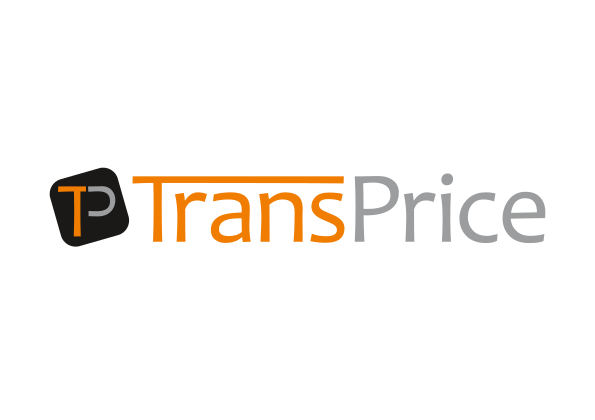Cost Sharing Arrangements (CSAs) are agreements made between related parties to share costs related to the development of intangibles such as research, development, and intellectual property, excluding technology. The IRS requires a CSA to be a Qualified Cost Sharing Agreement (QCSA) under Section 482 to be able to benefit from domestic rules. The US follows the OECD Guidelines when it comes to the practical administration of CSAs. However, in case of a conflict between Section 482 and the OECD Guidelines, the US would respect its obligations under the double tax treaty provisions. Contributions to a CSA are treated as deductible tax expenses.
The IRS issued comprehensive regulations in 1995 defining qualified CSAs, with the appropriate determination of buy-in payments and the treatment of stock option expenses as intangible development costs being key issues for taxpayers. The IRS views that the cost of compensatory stock options must be included in the intangible development costs to be shared under a CSA. However, in the Xilinx Inc. case, the Tax Court agreed with the taxpayer’s position, which stated that uncontrolled third parties do not include the cost of compensatory stock options in the costs to be shared in a CSA. On August 25, 2003, the IRS issued regulations requiring the inclusion of stock-based compensation in operating expenses for cost-sharing purposes, as well as for purposes of applying the Comparable Profits Method (CPM).
In 2015, the Tax Court in the Altera Corp. v. Commissioner held that the regulation requiring related taxpayers to share stock-based compensation in a CSA was invalid. However, in July 2018, the Court of Appeals overturned the decision, determining that the regulation was valid and did not contradict the arm’s length principle or the commensurate with income principle. In October 2018, the case was re-heard by a new panel, and in June 2019, the Court of Appeals again reversed the 2015 decision and upheld the Regulations.
On December 16, 2011, the Treasury and IRS issued final regulations on CSAs that provide guidance on economic contributions by participants and arm’s length compensation. The regulations include supplemental guidance on the best method analysis and the income method. They also provide clarification on the acquisition price and market capitalization methods and the profit split method. The regulations set out specified methods for valuing buy-in payments, including the CUT, Income, Acquisition Price, RPS, and Market Capitalization methods.
The final regulations also clarify the use of discount rates in relation to CSAs. Certain temporary and proposed regulations issued at the same time as the final regulations were finalized on 26 August 2013. These relate to discount rates used by taxpayers in applying the differential income stream approach.
Reg. §1.482-7T(k)(4) requires a controlled participant to file a Cost Sharing Statement with the IRS within 90 days after the first occurrence of intangible development costs, and to make specified disclosures on its annual tax return. Furthermore, the final regulations provide an adjustment mechanism that limits the profits earned by the participants in the CSA. Buy-in payments are referred to as Platform Contribution Transactions (PCTs), and the final regulations confirm that these PCTs can include contributions of core entrepreneurial functions, including product selection, market positioning, research strategy, risk determinations, and management.
In conclusion, CSAs are an essential tool for related parties to share costs related to the development of intangibles. The IRS has issued regulations and guidance to provide clarity on the use of CSAs, and taxpayers must ensure that they comply with the rules and regulations. The final regulations issued on December 16, 2011, provide additional guidance on economic contributions, arm’s length compensation, and specified methods for valuing buy-in payments.
